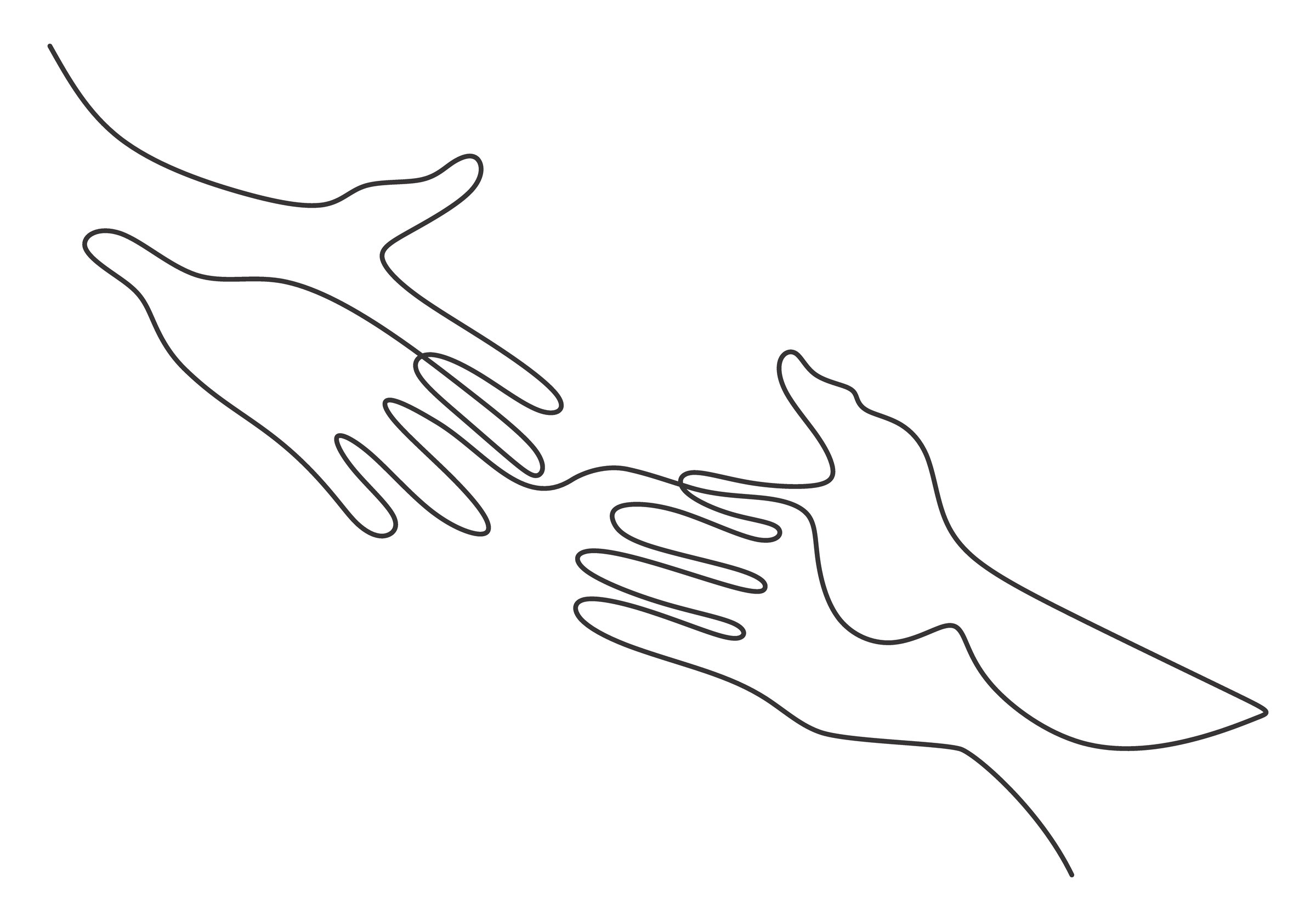The U.S. has the highest rate of gun suicide in the world — and suicides account for more than half of the total number of gun deaths nationwide each year. It’s because of these statistics that we at The Trace consider covering suicide central to our mission of understanding gun violence in America. Research shows these deaths are not inevitable, and that most Americans would act to support someone they know is at risk. But surveys have also found that people often worry about saying the wrong thing or not knowing enough to be able to help.
If you or someone you know is feeling hopeless or overwhelmed, you’re not alone. The organizations listed below can provide emotional support in the moment and connect you and/or the person you who needs care to longer-term mental health resources in your community.
If you’re concerned about the issue more broadly, we’ve also collected a list below of some ways you can get involved to support others.
In our journalism, we strive to follow Reporting on Suicide’s best practices for suicide prevention, including mentioning resources for people who are struggling with mental health issues whenever we cover suicide and related topics. If you have feedback about our existing work, please email us at [email protected] — and if you have a question about mental health and gun violence you think we should try to answer, you can submit that to our Ask The Trace series here.
National resources
The 988 Suicide & Crisis Lifeline is a free, confidential service that provides 24/7 support and connections to resources for those in distress. Call or text 988, both toll-free. Para español, también se puede marcar o enviar un mensaje de texto a 988.
- Note: When you call, you should be routed based on your area code to a member of 988’s network of state and local crisis centers. Counselors on the line should be familiar with and able to refer you to additional mental health resources in your area.
- How to help: Contact your local crisis center for information about how to volunteer or donate.
Text 741741 to reach a Crisis Text Line volunteer counselor who is trained to provide support and help you navigate painful emotions. The organization’s website also has resources on dealing with depression, anxiety, self-harm, and more.
Veterans can receive support online via Veterans Crisis Chat, over the phone by dialing 988 (press 1), or by text at 838255.
The Institute on Aging runs a 24-hour toll-free Friendship Line at 1 (800) 971-0016 specifically for people 60 and older and those with disabilities. They say they also make outreach calls to lonely older adults.
The nonprofit Trans Lifeline offers emotional and financial support to trans people in crisis. Reach their team at (877) 565-8860.
The Trevor Project offers crisis support to LGBTQ+ youth 25 and under. Call 1 (866) 488-7386, text START to 678678, or start a chat via their website.
If you’re facing challenges and could use someone to talk to, a “warmline” — designed to provide emotional support before you reach a crisis point — might be able to help. Find your nearest option in this directory from the National Alliance on Mental Illness.
Are you worried about someone else?
- You can contact the above resources for help supporting another person.
- This list of warning signs from the Suicide Prevention Lifeline can help you determine whether this person is at risk, and what next steps you can take.
- This guide and podcast episode from NPR shares nine things you can do that can make a difference if someone you know is at risk of suicide.
How can you help your community?
- Various organizations offer trainings on how to effectively engage with someone considering suicide, including LivingWorks, the QPR Institute, and the Crisis Text Line.
- CapRadio in Sacramento created a guide to hosting conversations in your community focused specifically on rural suicide prevention.
Have you lost someone to suicide?
- The American Foundation for Suicide Prevention offers a directory of support groups where you can meet others who’ve also experienced this.
- Here are some additional resources from the Sucide Prevention Lifeline and from Friends for Survival, a nonprofit formed to support those who’ve lost someone to suicide.
Local resources, Chicago
Illinois Call4Calm is for people struggling with COVID-19-related stress who need emotional support. Text TALK for English or HABLAR for Spanish to 552020. This service is free and available at all times.
Call the Illinois Warm Line toll-free at (866) 359-7953 to speak with professionals who have experienced mental health or substance use recovery in their own lives.
Local resources, Philadelphia
The Philadelphia Suicide and Crisis Center offers guidance and assessment at (215) 686-4420 about depression, self harm, hopelessness, anger, addiction, and relationship problems.
Up The Block is our resource hub for Philadelphians affected by gun violence. Search the directory to learn about local organizations that can help you take care of your mental health, keep your family safe, and more.
Local resources in other areas
- Live in Utah, Virginia, or Washington state? You can add yourself temporarily to a “do not sell” list for guns if you’re worried about your mental health.
- People in Colorado, Maryland, Mississippi, New Jersey, New York, and Washington can use the linked safe-storage maps to locate a place to temporarily store their gun or guns.
- You can find your local crisis center on the National Suicide Prevention Lifeline website and contact them directly.
- On NAMI’s website, you can search for resources available in your ZIP code.
Thanks to CapRadio, the Philadelphia Inquirer, Reporting on Suicide, and all of the organizations listed above for their work on this important issue. Know about a resource we should add above? Send us an email.

